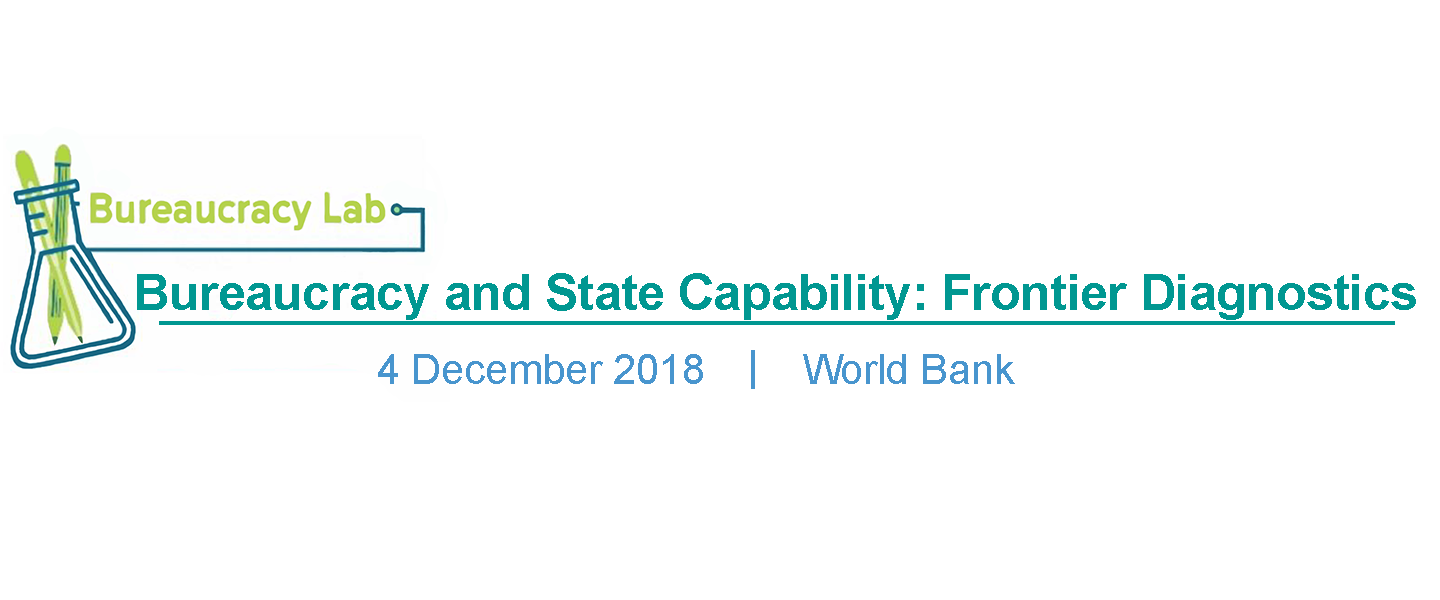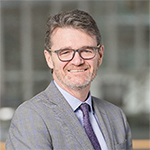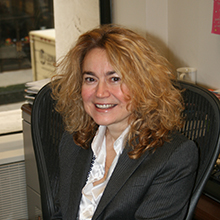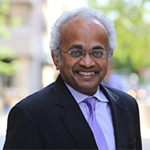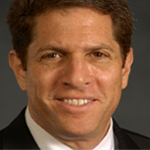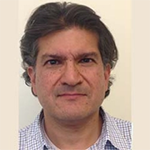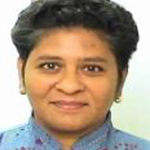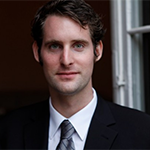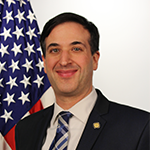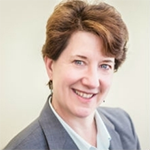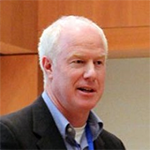The workshop will focus on novel measures of state capability and public administration functioning. World Bank staff and external experts will provide an overview of current research on the measurement of the functioning of government and discuss current initiatives to expand our understanding of how the public sector works through the use of new diagnostic tools. We will develop our collective research agenda in assessing state capability and showcase research to a wider audience.
We invite you to participate in the following morning sessions, which will take place in MC 13-121 from 9am to 12.30pm on December 4th:
Keynote address by Professor Imran Rasul from UCL on bureaucracy, state capability, and economic development, which will focus why government bureaucracies are important for state capability, and how they can be better measured and made more productive.
Launch of the Worldwide Bureaucracy Indicators, a new cross-country dataset on public sector employment and wages complied by the WB, covering over 100 countries from 2000-2016.
Sessions on existing research discussing how surveys of bureaucrats can provide a granular understanding of organizational capabilities, particularly of management practices, bureaucrats’ experiences, attitudes, and behaviors, and novel approaches to measuring productivity.
A panel discussion on how measuring and understanding bureaucracy is being used to improve US government performance, and how it will be integral to achieving the goals of the WB’s Human Capital Project, chaired by Shanta Devarajan.

